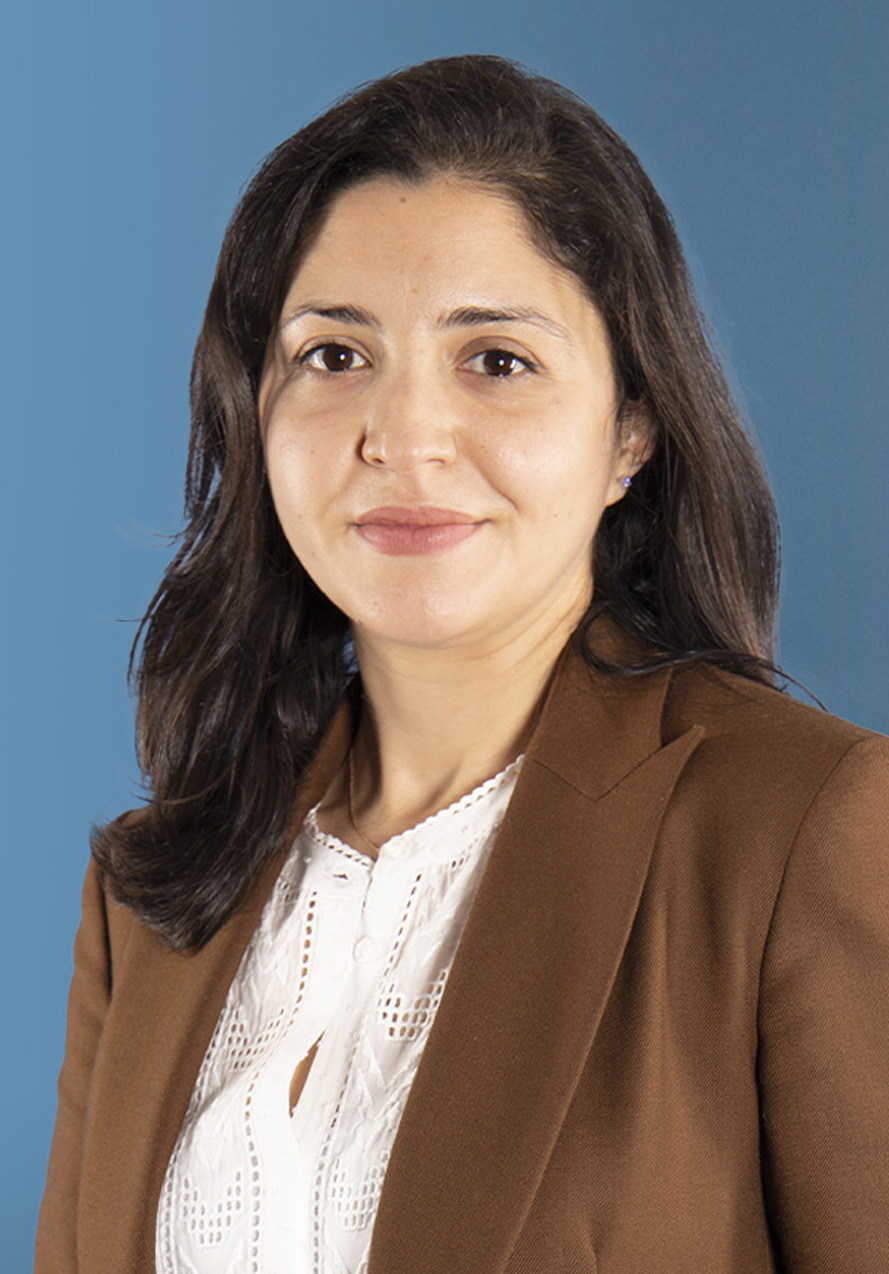The Egyptian & Ethiopian perspectives on the Grand Ethiopian Renaissance Dam
Discover the 4th Chapter of the Annual Report on Africa’s Geopolitics 2020 on the Egyptian & Ethiopian perspectives on the Grand Ethiopian Renaissance Dam, with Sara Mokaddem, International Relations Specialist at the Policy center, and Nihal El Mquirmi, Researcher in International Relations at the Policy Center for the New South The 2011 announcement of the Grand Ethiopian Renaissance Dam’s construction came at a critical time, as Egypt was in the midst of a revolution and relations between Egypt and Ethiopia were already tense. Despite initial Egyptian threats of undertaking military action, Ethiopia pursued the construction of what has been presented as an essential part of its national and, to some extent, regional development. Tensions between the Sudan, Egypt and Ethiopia have been extremely high for the past years, and despite having met several times, negotiations are at a deadlock. This chapter explores the Egyptian and Ethiopian perspectives on the issue, and analyses the points of contention and technical aspects that have impeded the two countries from finding a common solution. Read more about it : https://www.policycenter.ma/publications/egyptian-and-ethiopian-perspectives-grand-ethiopian-renaissance-dam This chapter was originally published in "Rapport annuel sur la géopolitique de l’Afrique - 2020" : https://www.policycenter.ma/publications/rapport-annuel-sur-la-géopolitique-de-lafrique-2020










